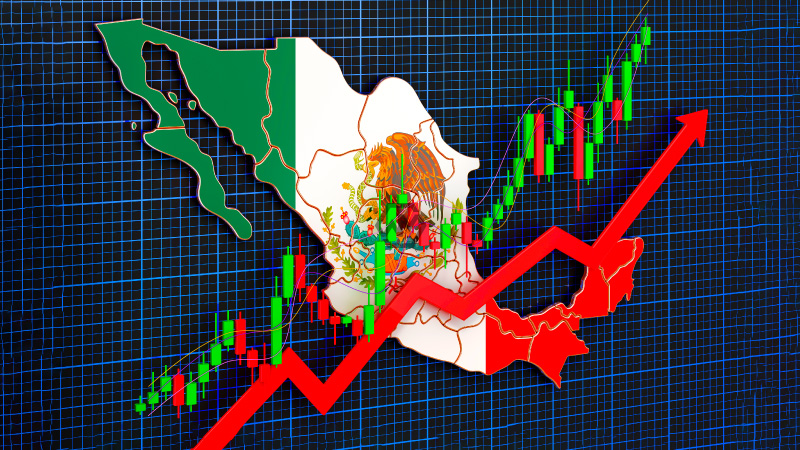- Humberto Martinez claims that there is a “boom” in businesses moving to Mexico.
- Foreign direct investment in Mexico reached a new high of over $36 billion in 2023, with 38% coming from the US.
- South American corporations have long been drawn to the region by lower labor costs, and tax incentives.
Because of supply chain delays brought on by the COVID-19 epidemic and geopolitical tensions, Mexico is getting ready for a surge of foreign investment. Thanks to the “nearshoring” or “friend-shoring” movement, Mexico overtook China as the biggest exporter of goods to the United States last year.
The president of the Manufacturing Association Index, Humberto Martinez, claims that there is a “boom” in businesses moving to Mexico. His organization projects that foreign investment in Mexico’s export manufacturing sector will reach approximately $9 billion this year, heralding in a “new world economic order.”
US and China
South American corporations have long been drawn to the region by lower labor costs, tax incentives, and the 1994 implementation of a free trade agreement between North and South America.
Mexico, which will host elections on June 2 that are anticipated to produce its first female president, is becoming more and more appealing due to concerns of a Cold War between the US and China. Nearshoring’s potential benefits have been emphasized by both of the front-runners.
Mexico has an advantage over other countries because of its proximity to the border, which allows its “maquiladoras”—factories that process and assemble imported materials and components—to sell to the world’s largest market, the United States.
Close by, workers with safety goggles and hard hats processed metal for the company’s clientele, which included US corporate behemoths, John Deere, and Honeywell, using laser cutting machines and other cutting-edge machinery.
According to the economy ministry, foreign direct investment in Mexico reached a new high of over $36 billion in 2023, with 38% coming from the US. The US Barbie doll manufacturer Mattel, the Danish toy giant Lego, and the Taiwanese IT behemoth Foxconn have all already announced nearshoring-related expansions in Mexico.
The process of nearshoring is probably going to be slow and take years, with the majority of the activity observed thus far being the growth of industrial parks rather than the relocation of large manufacturing companies to Mexico.



